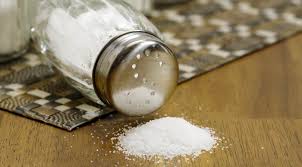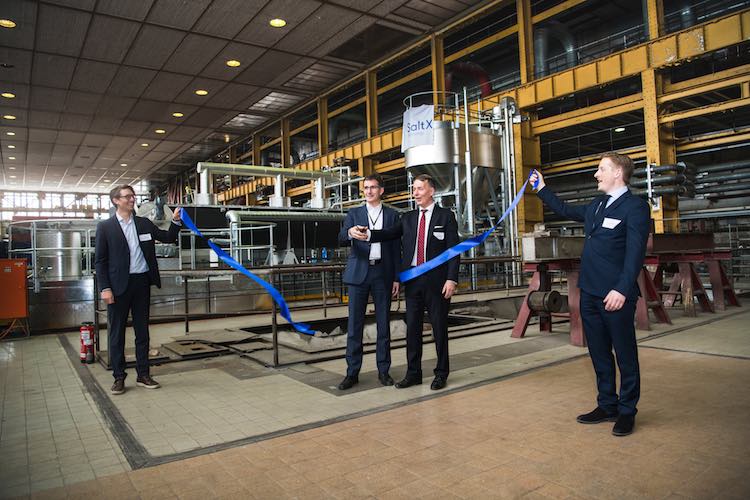
Breaking News
 SILVER CRASHES TO $75 - But China Is Paying $89 (Ghost Week Trap)
SILVER CRASHES TO $75 - But China Is Paying $89 (Ghost Week Trap)
 Firegate: Democrat LA Mayor Karen Bass' Admin Altered Palisades Fire Report & Deleted Evidence
Firegate: Democrat LA Mayor Karen Bass' Admin Altered Palisades Fire Report & Deleted Evidence
 BREAKING: Candace Owens' Massive Mind Control House of Cards is Now Collapsing in Real Time
BREAKING: Candace Owens' Massive Mind Control House of Cards is Now Collapsing in Real Time
 We Cannot Build an Economy on Lies
We Cannot Build an Economy on Lies
Top Tech News
 EngineAI T800: Born to Disrupt! #EngineAI #robotics #newtechnology #newproduct
EngineAI T800: Born to Disrupt! #EngineAI #robotics #newtechnology #newproduct
 This Silicon Anode Breakthrough Could Mark A Turning Point For EV Batteries [Update]
This Silicon Anode Breakthrough Could Mark A Turning Point For EV Batteries [Update]
 Travel gadget promises to dry and iron your clothes – totally hands-free
Travel gadget promises to dry and iron your clothes – totally hands-free
 Perfect Aircrete, Kitchen Ingredients.
Perfect Aircrete, Kitchen Ingredients.
 Futuristic pixel-raising display lets you feel what's onscreen
Futuristic pixel-raising display lets you feel what's onscreen
 Cutting-Edge Facility Generates Pure Water and Hydrogen Fuel from Seawater for Mere Pennies
Cutting-Edge Facility Generates Pure Water and Hydrogen Fuel from Seawater for Mere Pennies
 This tiny dev board is packed with features for ambitious makers
This tiny dev board is packed with features for ambitious makers
 Scientists Discover Gel to Regrow Tooth Enamel
Scientists Discover Gel to Regrow Tooth Enamel
 Vitamin C and Dandelion Root Killing Cancer Cells -- as Former CDC Director Calls for COVID-19...
Vitamin C and Dandelion Root Killing Cancer Cells -- as Former CDC Director Calls for COVID-19...
 Galactic Brain: US firm plans space-based data centers, power grid to challenge China
Galactic Brain: US firm plans space-based data centers, power grid to challenge China
Just Add Water: New Salt Battery Could Help Spell the End of Fossil Fuels

This groundbreaking new project in Germany is testing the use of salt as an ingredient for a fossil fuel-free future.
The Reuter power plant in Berlin recently launched a new system of technology that is using calcium oxide, also known as quicklime, to store heat for long periods of time.
Germany already has the renewable energy capacity to power more than half of the country, but since many green energy sources are dependent on consistent weather conditions, the nation is forced to continue using fossil fuels as backup energy sources.
Quicklime, on the other hand, generates large amounts of heat when it is simply exposed to water.
The salt technology, which was developed by Swedish startup SaltX, works similarly to a battery except that it stores heat instead of electricity. Since more than half of Germany's energy consumption is used on heating, the salt can be used to generate, store, and convert heat whenever the nation's renewable energy sources fall short of the grid's demands.
The technology is also far more efficient at storing heat compared to water storage systems that are notorious for gradually losing their heat over time.




